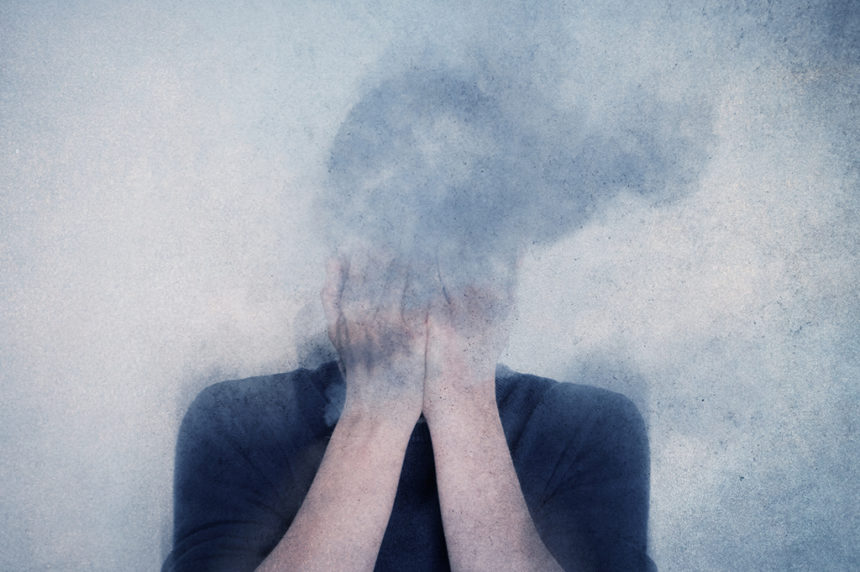The current state of mental health in America is perilous.
Two-plus years of COVID-19, coupled with tumultuous domestic and foreign policy developments, have left Americans feeling drained and overwhelmed. Nearly 53 million Americans have a mental illness, according to data from the National Institute of Mental Health.
Additionally, the pandemic has had a negative impact on people’s mental well-being. A study published in The BMJ in February found that people infected with COVID were 60% more likely to develop mental health issues compared to those who weren’t.
With a litany of challenges facing vulnerable patients, healthcare organizations and medical marketers must prioritize their behavioral health needs. Given that May is Mental Health Awareness Month, three healthcare leaders weighed in on what can be done to further the cause for behavioral health.
Benjamin Miller, president of Well Being Trust, said any time mental health can be promoted in the media, it helps remove the stigma and normalize the conversation. Still, he said, there is a lingering complication related to accurately portraying mental health.
“A marketer’s job is ultimately to sell a product or service, but mental health conditions won’t be cured with the download of an app or just a singular visit to a therapist,” Miller explained. “The best way for medical marketers to raise awareness of mental health in America is to ensure patients and citizens have a realistic, not glamorized, view of the conditions that plague so many, and realistic options on what they can do to get help.”
Miller pointed to Demand More for Mental Health and Mental Health Action Day as effective campaigns that start conversations and encourage people to take action through personal growth, societal change or policy transformation.
One of the most overlooked ways to transform mental health, Miller added, is establishing policies and funding initiatives that prioritize mental well-being.
“Industry must realize that we need major investments to change the state of mental health in America,” he said. “Each year we spend trillions on healthcare but a mere fraction of that is allocated for mental health. Cutting corners when it comes to combating rising depression, anxiety and opioid use is bound to cause irreparable harm to our society.”
Sandra Sellani, SVP of marketing and public relations at Discovery Behavioral Health, said uncovering trauma that is causing stress and anxiety among patients has been a vital step in treating mental health during this period.
Thanks to the proliferation of telehealth behavioral health services, Sellani said that there is a greater understanding and acceptance of mental health than ever before. She described the “fragility” and “vulnerability” felt by millions of Americans through these difficult times as a common bond to seek and receive mental health treatment.
“It’s a good thing that more people are reaching out for help. The stigma hasn’t gone away completely, but we hope to continue to keep the conversation going and have people share all the variations that are out there,” Sellani said.
The number of patient influencers willing to discuss living with these conditions has also helped raise mental health awareness, Sellani added. While many patients may be reluctant to reach out to a doctor for treatment, seeing YouTubers dispelling the myths around schizophrenia or documenting life with social anxiety can be the push some people need.
Christopher von Jako, CEO of BrainsWay, noted that the internet and social media have created greater access for people to get mental health information and resources. Additionally, the pandemic has increased the prevalence of mental health issues, the attention paid to these issues and the number of services available for those affected.
Von Jako said that Mental Health Awareness Month offers brands, health providers and associations an opportunity to collaborate on promoting the topic of mental health and changing perceptions of behavioral illnesses.
To create better awareness for mental health, von Jako said that it is critical to maintain a consistent conversation in community settings. Campaigns that have accomplished this include NAMIWalks, One Million Steps for OCD Walk and American Foundation for Suicide Prevention’s Out of the Darkness Community Walk.
Von Jako pointed to BrainsWay’s own #DontMissAnotherMoment campaign, which supports people with mental illness, promotes modern options for treatment and raises funds for Mental Health America.
“We recognize that people living with mental illness are often unable to experience the joy in life’s moments, from the most special and memorable ones to daily routines,” he said. “That’s why our campaign encourages people to share photos of their most cherished moments on social media to inspire hope amongst those who seek relief.”







